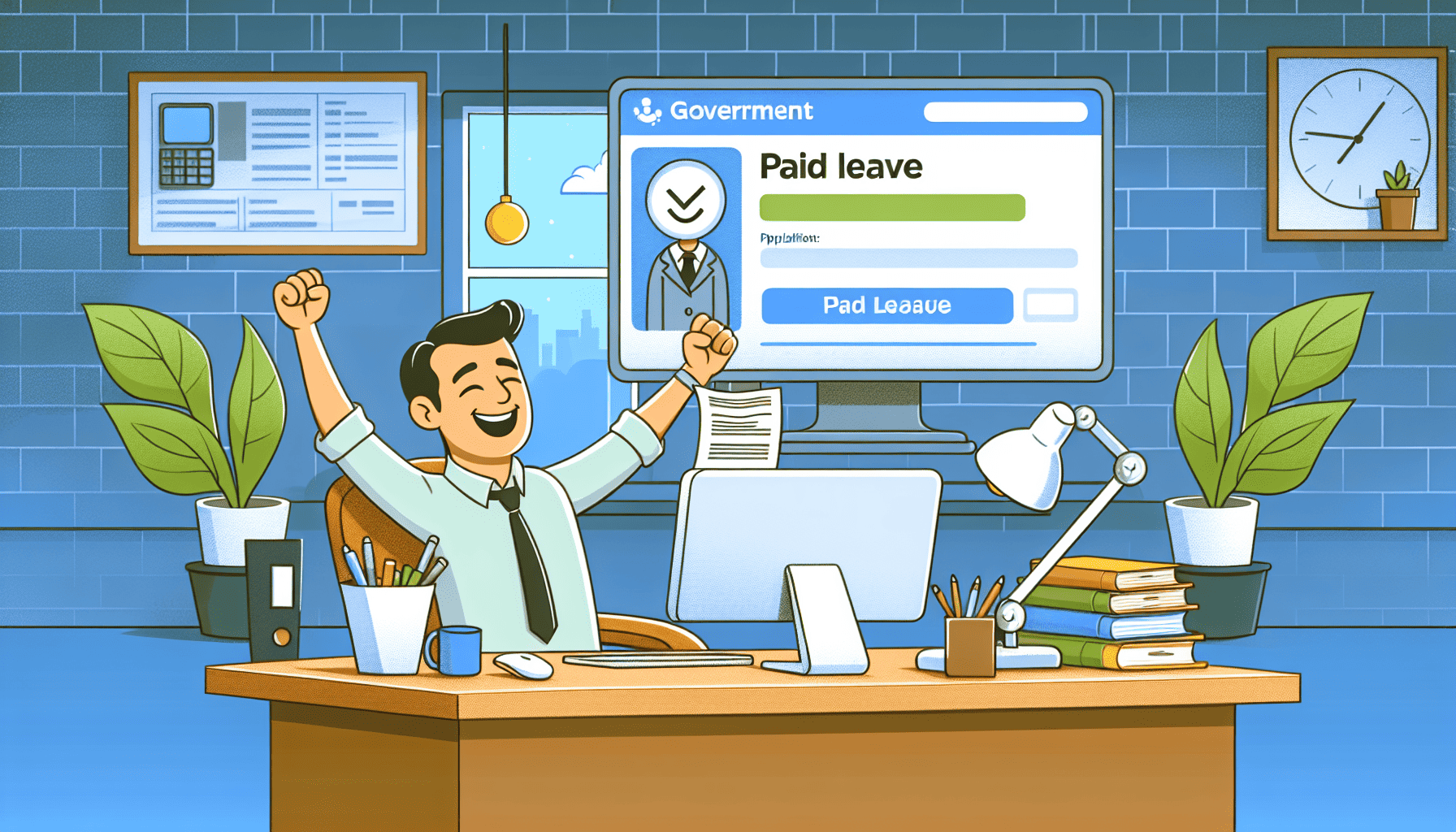Paid leave policies are fundamental components of employment law, designed to support workers during significant life events without sacrificing their financial security. This guide aims to provide a thorough understanding of these policies, highlighting the government's role in implementing and supporting them, while also offering practical advice on how to access and make the most of these benefits.
Government-Supported Paid Leave Policies
Many governments worldwide have recognized the importance of paid leave and have instituted policies supporting various life circumstances. These typically include maternity and paternity leave, sick leave, family and medical leave, and sometimes bereavement leave. Each type of leave serves unique purposes and has specific eligibility requirements.
-
Maternity and Paternity Leave: This leave allows expecting and new parents to take time off from work to welcome and care for a new child. Maternity leave is commonly longer and may provide higher compensation compared to paternity leave, although both are essential in fostering healthy family dynamics.
-
Sick Leave: Governments enforce sick leave policies to ensure that employees can take time off when they are unwell, helping maintain a healthy work environment. This also prevents employees from having to choose between their health and their job security.
-
Family and Medical Leave: Beyond childbirth, this leave typically covers situations where employees need to care for a sick family member or deal with serious personal health issues. It underscores the importance of family support during critical times.
-
Bereavement Leave: Although not universally provided, some places offer leave for employees to grieve the loss of a loved one. It's an acknowledgment of the emotional turmoil such events can cause, emphasizing the need for compassion in the workplace.
Accessing Paid Leave Benefits
Understanding how to access your paid leave benefits is crucial to ensuring you use them effectively when needed. Here are some key steps to guide you:
-
Know Your Rights: Familiarize yourself with the specifics of the paid leave policies applicable in your region. Legal frameworks and entitlements can vary significantly, so ensure you are well-informed about the laws in your area.
-
Check Your Employment Contract: Review your employment agreement to understand what additional benefits your employer might provide beyond the statutory minimum. Some employers offer more generous leave policies.
-
Communicate with HR: Have open discussions with your human resources department to clarify any doubts and ensure all procedural requirements are met before you plan to take leave.
-
Plan Ahead: Whenever possible, plan your leave in advance to accommodate your workload and ensure a smooth transition during your absence. This is particularly relevant for maternity or planned medical leave.
-
File Necessary Documentation: Be prepared to submit any required documentation, such as medical certificates or birth certificates, to validate your leave. This helps streamline the approval process.
Legal Advice and Resources
If you're uncertain about your rights or if you encounter issues obtaining your paid leave, seeking legal advice can be beneficial. Employment lawyers or legal aid organizations can provide guidance to ensure your entitlements are fully upheld. Additionally, government websites and helplines often serve as valuable resources for the latest information and assistance.
Conclusion
Paid leave policies are essential for supporting employees through life's crucial moments, ensuring that they don't have to choose between their responsibilities and their wellbeing. By understanding your rights and how to access these benefits, you empower yourself to make informed decisions and advocate for your needs in the workplace. Remember to stay updated on any changes to legislation or workplace policies to maximize your benefits effectively.
